Grateful Valley Farm, a woman-owned cannabis business in Steuben County, New York, is facing challenges due to the state's adult recreational cannabis program. Grateful Valley Farm is an AUCC license holder (#34) and has been diligently following all the rules and regulations.
Founder/CEO Tess Interlicchia’s medical background as an integrative nurse practitioner, drove her to want to grow medicine. She shared with The Bluntness how cannabis has changed so many lives for individuals and families that she’s cared for over the decades and how it’s been a passion to fight and advocate for those to have access to this plant. However, like so many other cannabis farmers, they have invested personal fortunes and hours into their efforts to produce high-quality cannabis to be sold in New York's dispensaries.
Consequently, the slow opening of dispensaries has put them in a precarious position. Cannabis businesses across the supply chain, including farmers, are unable to take out loans without showing deposits/sales in their bank accounts, and adding insult to injury their smokeable flower inventory is losing quality and potency due to the length of time it takes to get into the consumers' hands. Moreover, Grateful Valley Farm's financial strategy is hamstrung since the costs continue to accumulate, and there are only just a handful of dispensaries open constricting its cash flow and revenue generating potential.
“The state asked us to grow quality cannabis for them. So we did. Now, there is nowhere for it to go. It almost feels like the entire regulatory process was set up for farmers to fail. Just when we should be selling our product, they want to change the rules on us. It’s a shame. Imagine an oil industry with plenty of cars but no gas stations. That’s what we have here,” Grateful Valley’s COO and Chief Compliance Office, Joseph Calderone shared with The Bluntness.
The longer cannabis remains inventoried, the greater the likelihood that THC oxidizes into CBN. Additionally, the longer it takes to get the flower into the consumers' hands, the drier it becomes, which changes the cannabinoid profile of the thousands of pounds of flower that are choked off from retail sales statewide.
Furthermore, New York’s testing methods for Aspergillus have also presented unexpected surprises. Some states have a colony threshold and use different testing methods that test for a Total Yeast and Mold Colony (TYMC) instead of a qPCR, which has been known to throw many false positives due to technical issues that include the amplification of the DNA reference used to calibrate the test. To save money, Grateful Valley Farm engineered their own solution to remediate their flower instead of sending it off to service providers that were charging $150/lb. This resulted in additional costs, including R&D testing, final product testing, full panel testing, remediation, packaging/labeling compliance, and insurance.
Yet another obstacle is the lack of dispensaries to sell infused products which is holding hostage the oils produced by farmers. Market demand dictates when the oils are sold for processing, and if dispensaries aren't selling enough infused products, the oils will bottleneck at the processor's facilities. Processed oils have much more stability, so there is little to no chance of oil degradation, but this doesn't help farmers if their oils are held hostage.
These obstacles and set-backs are not unique to just Grateful Valley Farms. Unfortunately, cannabis farmers across the state are being punished for being poor or not being rich enough or having a wealthy family member, company, or family office, or friend of a friend to backstop or rescue them.
Inetelicchia worries about the farmers and their precarious financial conditions. “I will always find a job in healthcare if this falls apart. Other farmers aren’t so lucky. We work tirelessly, because we are passionate about this incredible plant that will provide people a better quality of life, and will heal the earth with regenerative farming practices. Not giving us a fighting chance and to allow this plant to work her magic, is a shame.”
Like most farmers supporting NY’s cannabis industry, Grateful Valley Farm represents the best this industry has to offer, and they just want to get supported for following the regulations and adequetely compensated for their hard work.
Another concern for AUCC holders is that many of the industry associations “representing” the industry are not effectively representing cannabis farmers in Albany. Associations like Cannabis Association of New York (CANY) try to represent various facets of the industry, but many feel they are primarily AUCP driven, so processors pretty much dictate policy efforts, leaving farmers dead last in terms of representation.
This is an important aspect to consider since the current hierarchy in New York licensing goes as follows:
- MSOs/Medical - Highly capitalized, indoor grows, multiple dispensaries, operations in multiple states
- AUCPs - New York Conditional Processors allowed to possess Cultivation, Processing/Manufacturing and Distribution licenses. They can have multiple warehouses and locations.
- CAURD licenses: Although there are very few open, they will possess incredible market power going forward.
- AUCC indoor only: These growers can grow indoor cannabis 3-4 times a year and are more in line with what processors, MSOs, and the states want.
- AUCC outdoor: These growers are trying to "farm" cannabis with organic, regenerative practices and certifications like Sun & Earth. They were the most distressed going into legalization and are being hammered by regulations and the slow opening of dispensaries.
Many capitalized operations can wait out the supply issues. In fact, there are members of industry associations in the state, often processors and growers, who seemingly marginalize farmers. Under this scenario, AUCC farmers are being squeezed by both the supply chain disruption and those within the industry who do not appreciate the unique challenges that farmers face.
It is therefore critical for this agricultural community to align more closely and support each other in order to more effectively navigate through these difficult times and more directly influence policy and other regulations.
Because history gives us the tools to analyze and explain problems from the past and positions us to see patterns that might otherwise be invisible in the present, Grateful Valley Farm became inspired by the Farmers' Holiday Association, a late 19th century organization that aimed to unite farmers and promote their economic and political interests, and decided to form a non-profit organization called the Cannabis Farmers Alliance to help address some of the issues and challenges that small farmers in New York are facing. Like the Farmers' Holiday Association, the goal is to unite farmers in the fight for fair prices and to encourage a greater sense of community among those in New York’s cannabis farming industry. The organization seeks to work towards creating a more sustainable and equitable ecosystem by advocating for policies that support small farmers and by providing resources and education to those who need it.
The organization would provide resources and support to farmers struggling with debt, offer advocacy on their behalf, and work to promote policies that benefit all farmers.
Like the Farmers' Holiday Association before it, the Cannabis Farmers Alliance, will initially be a grassroots movement, relying on the support of farmers themselves to effect change. Grateful Valley reached out to other farmers in their community, and was heartened by the response. Many were eager to join the organization and lend their voices to the cause and with hard work and dedication, it’s clear the Cannabis Farmers Alliance will continue to grow and gain momentum, inspiring hope and fostering new opportunities among cannabis farmers across New York.
“Being a farmer is some of the hardest and most honest work there is. This is compounded even more as a woman in an overwhelmingly male dominated industry. To not be taken seriously as a business woman in cannabis, just makes us fight even harder to make it. It shouldn’t be so difficult - but we are changing this,” Interlicchia concluded.
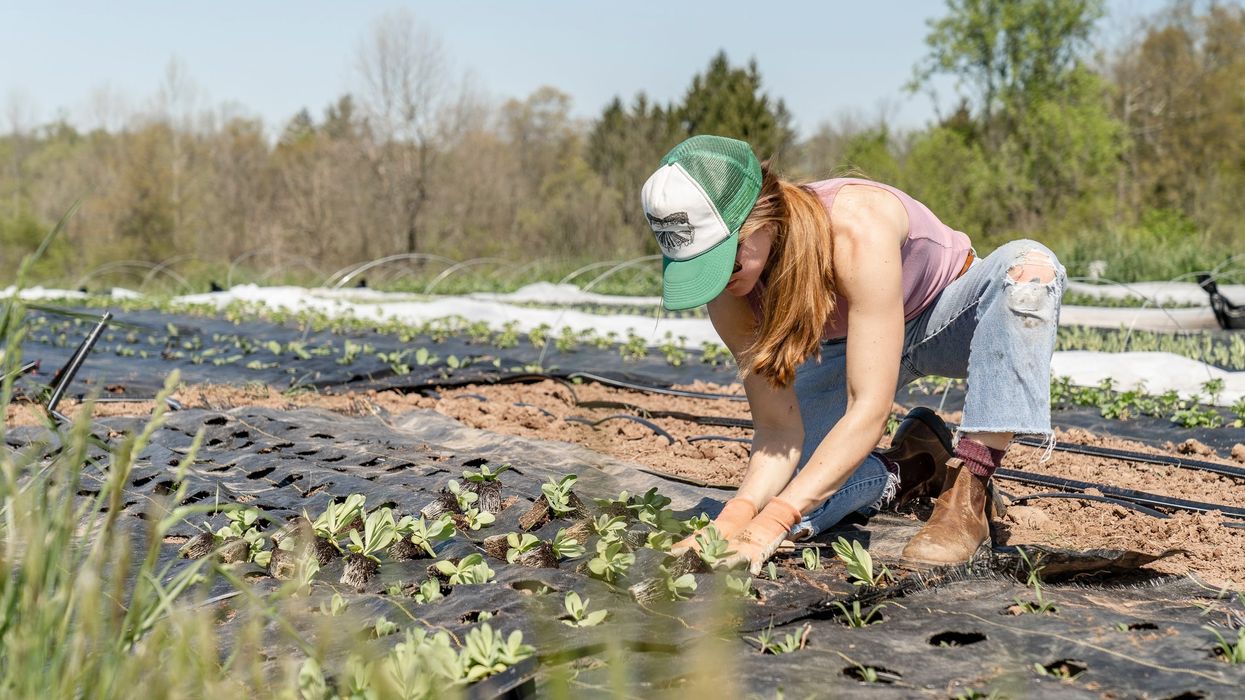






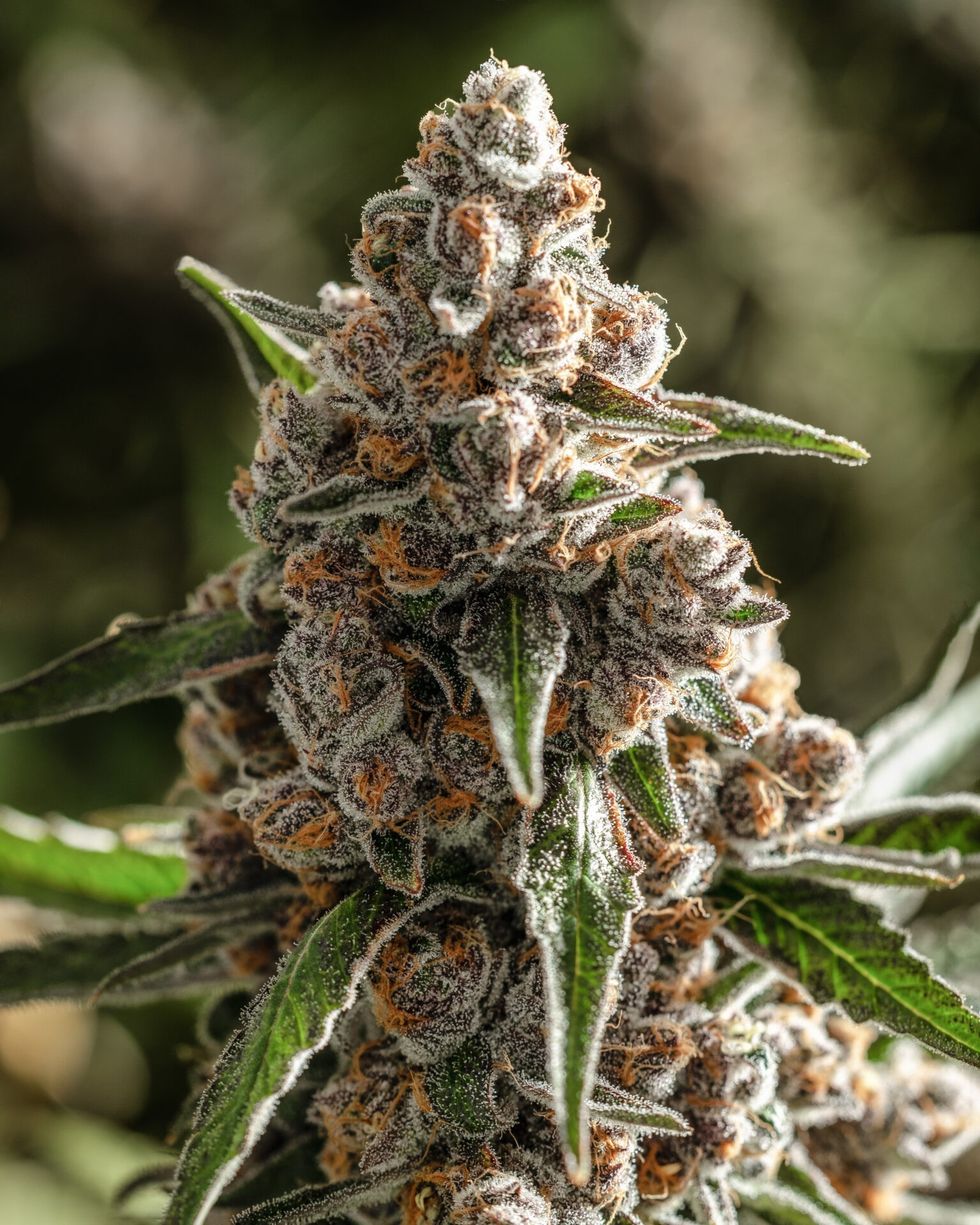 Super Boof Strain: 2024 Strain of the Year - The Bluntness
Super Boof Strain: 2024 Strain of the Year - The Bluntness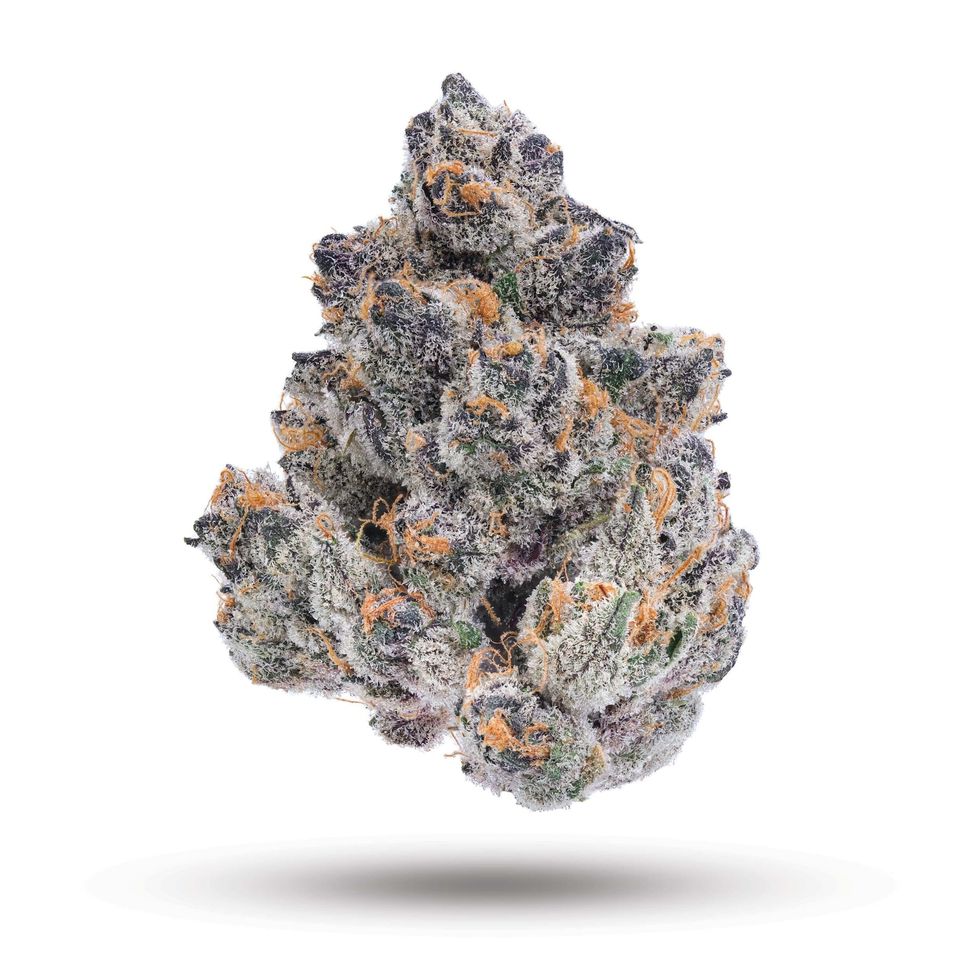 Super Boof Strain: 2024 Strain of the Year - The Bluntness
Super Boof Strain: 2024 Strain of the Year - The Bluntness






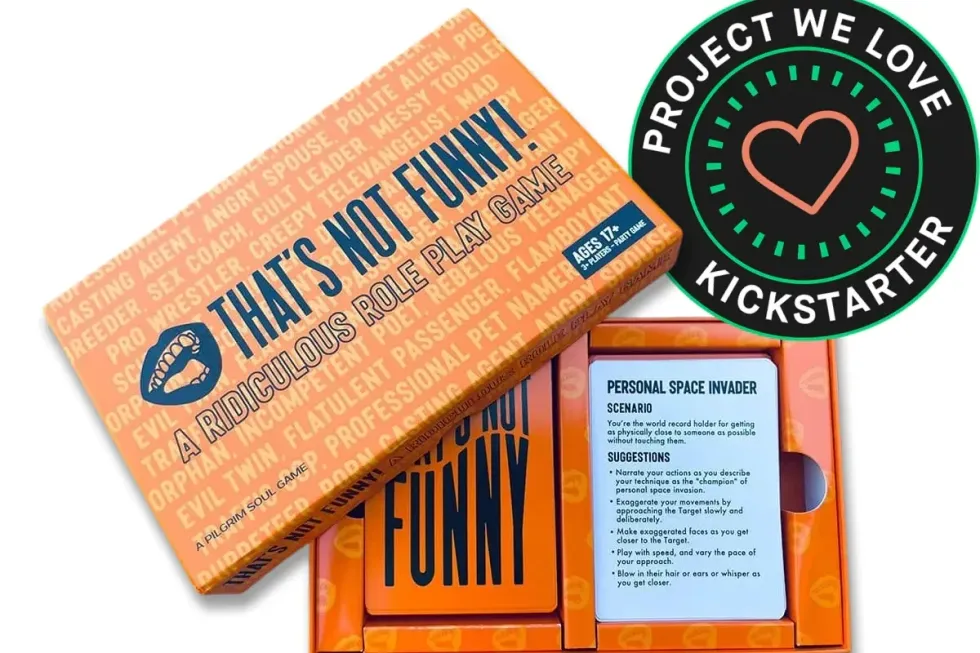


 Best Weed Smoking Games to Try - Jammin'
Best Weed Smoking Games to Try - Jammin' The 31 Best Weed Smoking Games To Try
The 31 Best Weed Smoking Games To Try The Best Weed Smoking Games
The Best Weed Smoking Games The Best Weed Smoking Games to Try
The Best Weed Smoking Games to Try
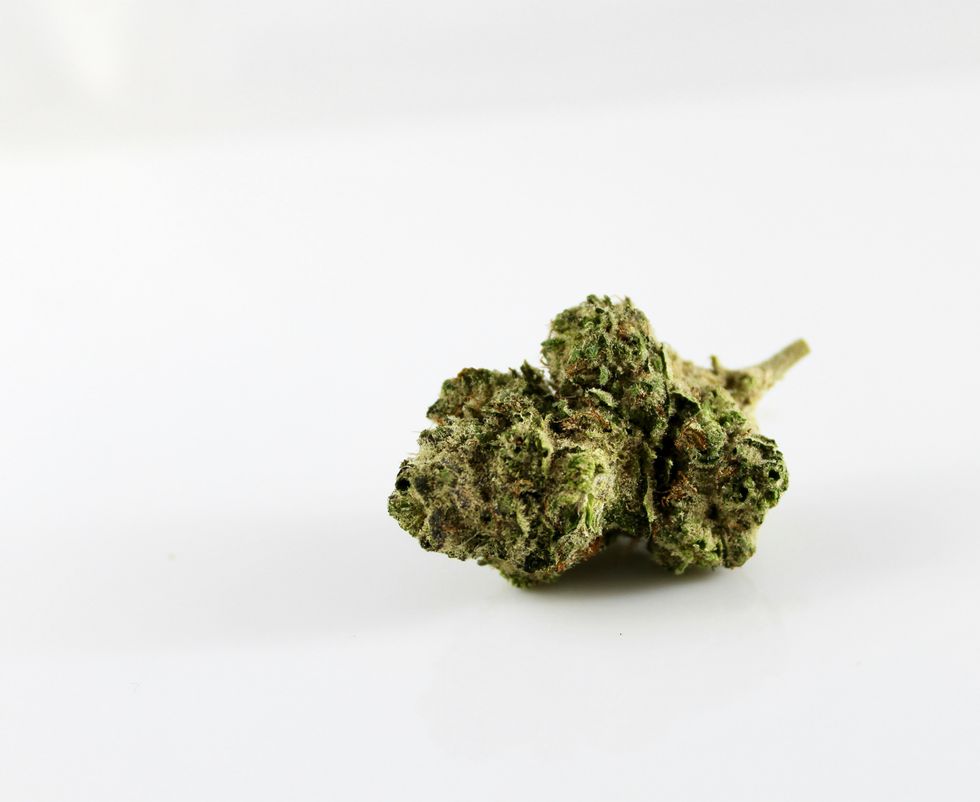
 Stoner Games - Games to Play While High
Stoner Games - Games to Play While High The Best Weed Smoking Games to Play
The Best Weed Smoking Games to Play The Best Weed Smoking Games to Try
The Best Weed Smoking Games to Try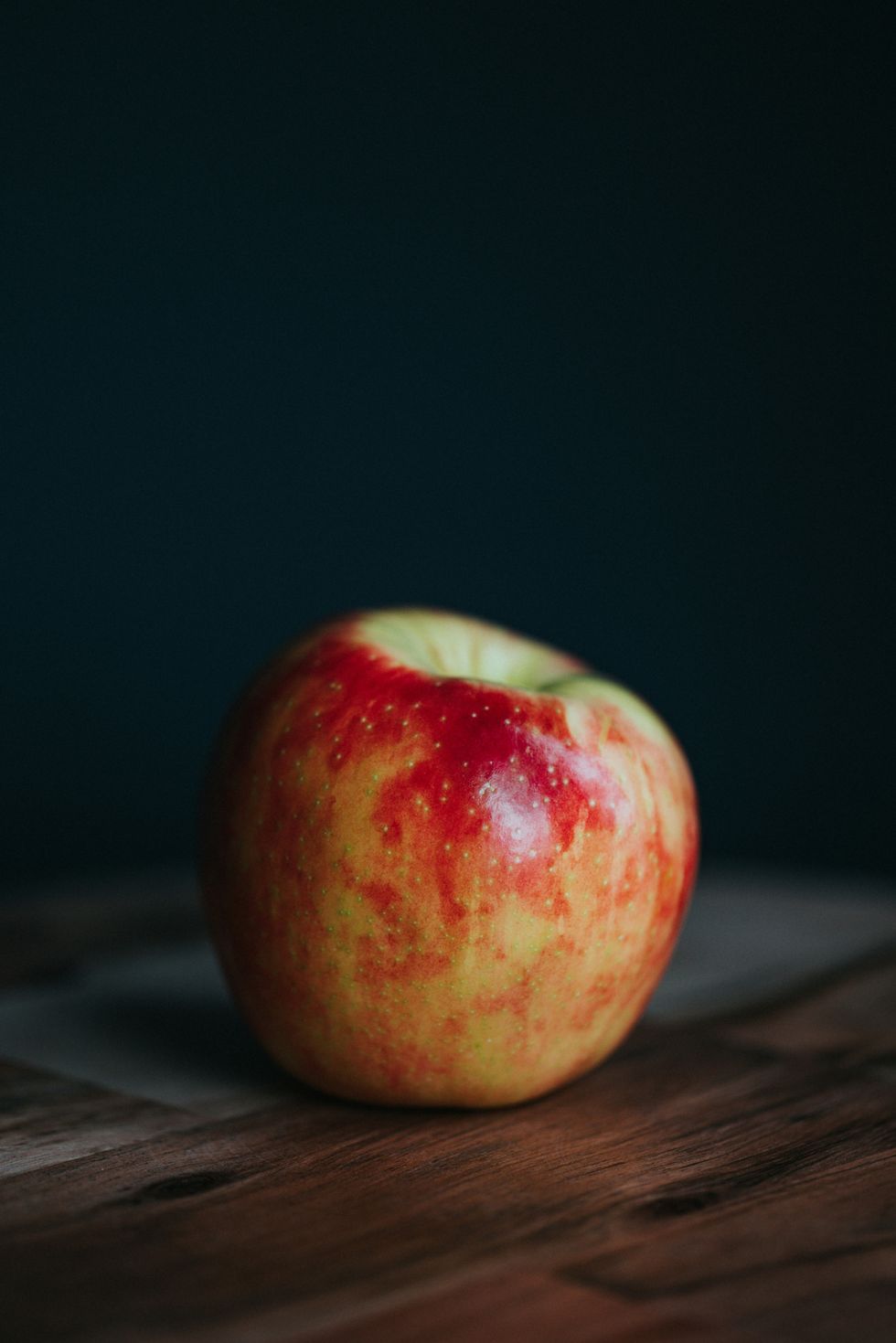
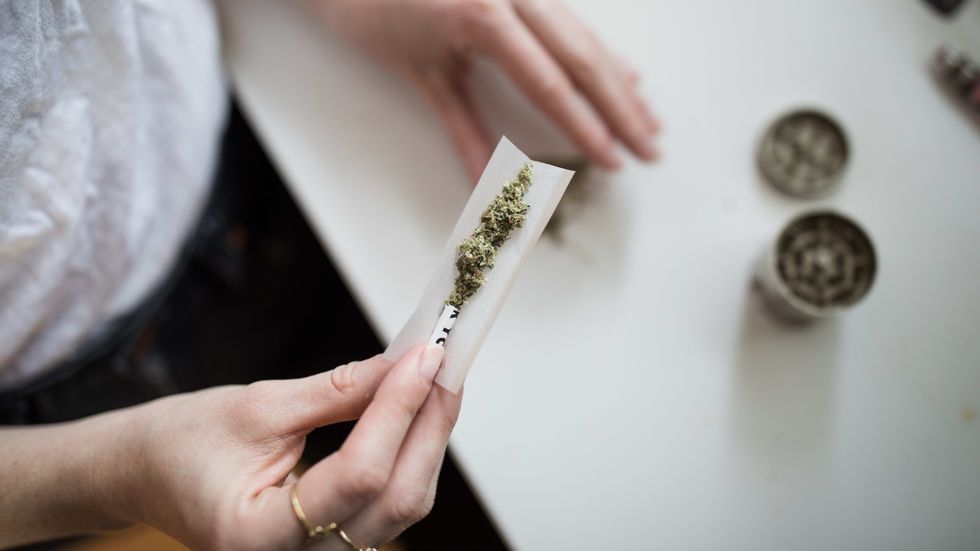 The Best Weed Smoking Games to Try
The Best Weed Smoking Games to Try
 The Best Weed Smoking Games to Play
The Best Weed Smoking Games to Play The Best Weed Games to Play
The Best Weed Games to Play The Best Weed Smoking Games to Try
The Best Weed Smoking Games to Try The Best Weed Smoking Games to Play
The Best Weed Smoking Games to Play The Best Weed Smoking Games to Try
The Best Weed Smoking Games to Try Games for Stoners
Games for Stoners  woman in white and blue floral shirt sitting beside woman in white and black floral shirtPhoto by
woman in white and blue floral shirt sitting beside woman in white and black floral shirtPhoto by 
 The Best Weed Smoking Games to Play
The Best Weed Smoking Games to Play
 The Best Weed Smoking Games to Try
The Best Weed Smoking Games to Try The Best Weed Smoking Games to Try
The Best Weed Smoking Games to Try world map with pinsPhoto by
world map with pinsPhoto by 
 The Best Weed Smoking Games to Try
The Best Weed Smoking Games to Try
 The Truth About THC Candle: Cannabis Candles & How to Make Your Own - The Bluntness
Photo by
The Truth About THC Candle: Cannabis Candles & How to Make Your Own - The Bluntness
Photo by 
 Introduction to Psychoactive Mushrooms: The Aztec God Strain - The Bluntness
Photo by
Introduction to Psychoactive Mushrooms: The Aztec God Strain - The Bluntness
Photo by  Introduction to Psychoactive Mushrooms: The Aztec God Strain - The Bluntness
Photo by
Introduction to Psychoactive Mushrooms: The Aztec God Strain - The Bluntness
Photo by 
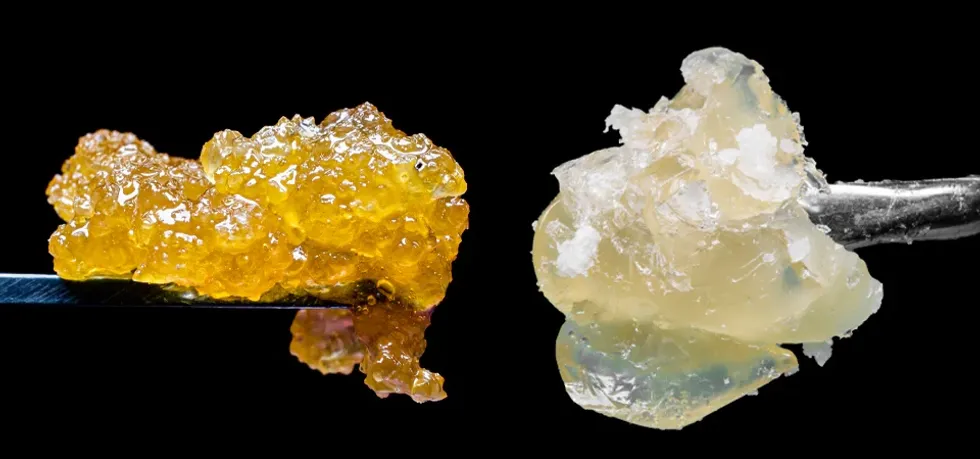 Resin vs. Rosin - The BluntnessLowtemp Industries
Resin vs. Rosin - The BluntnessLowtemp Industries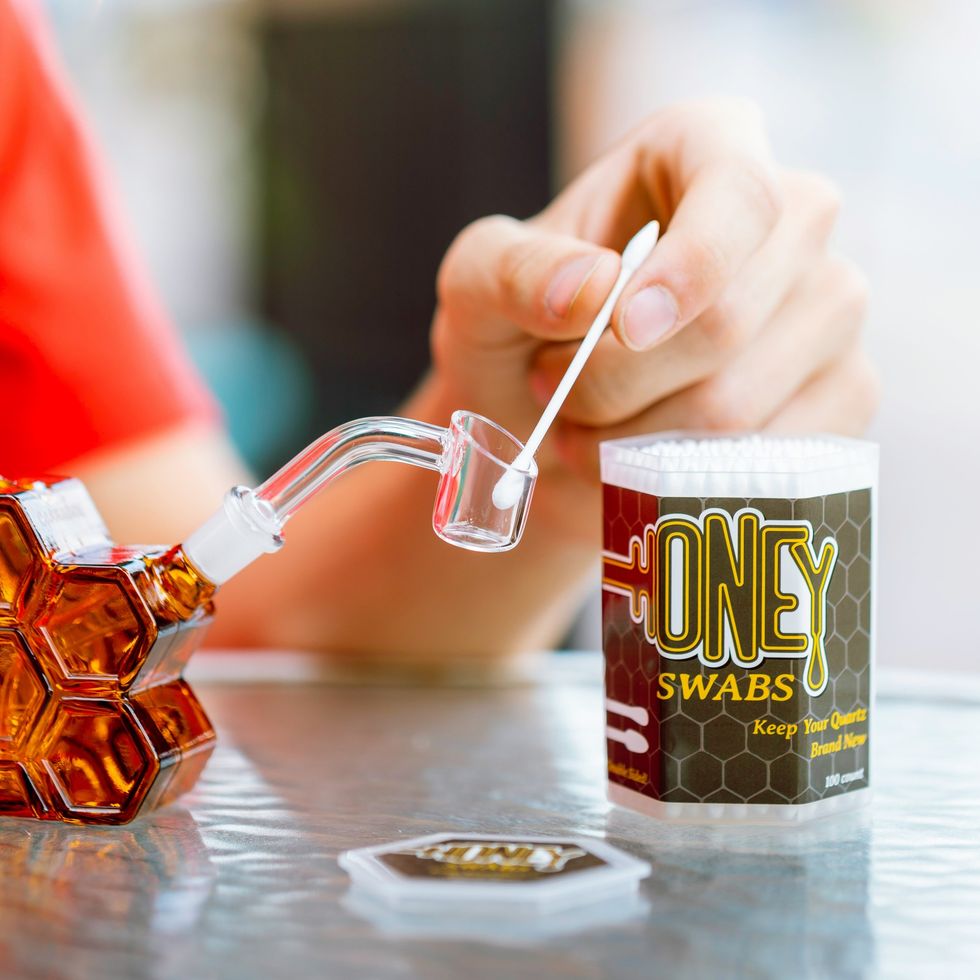 Rosin vs. Resin - The Bluntness Photo by
Rosin vs. Resin - The Bluntness Photo by